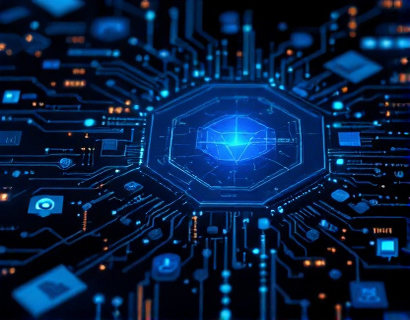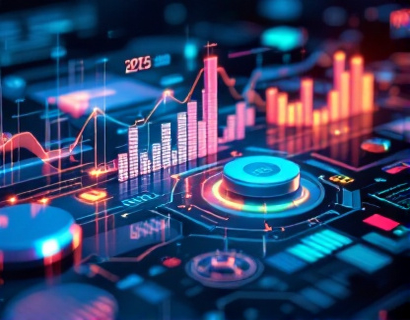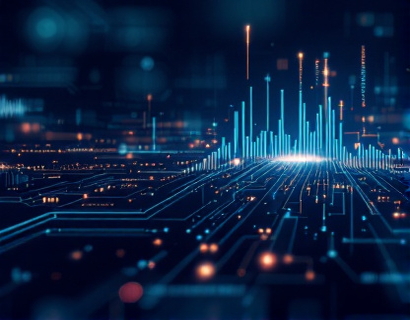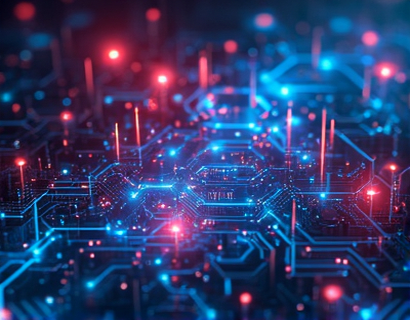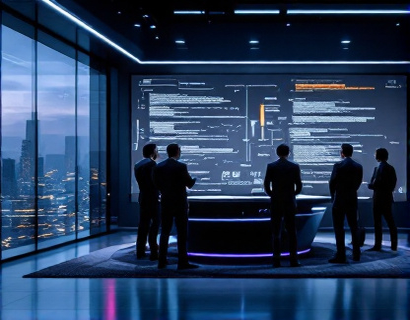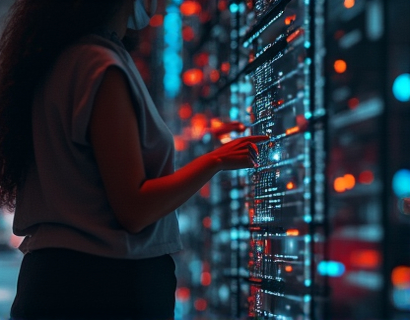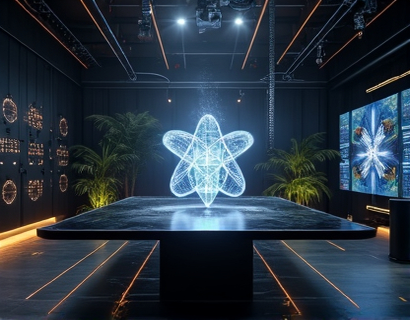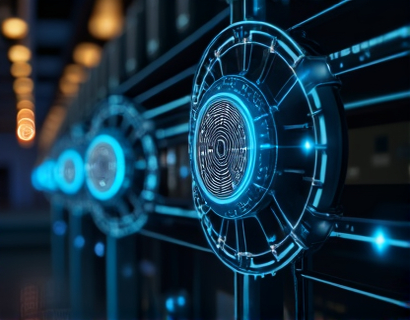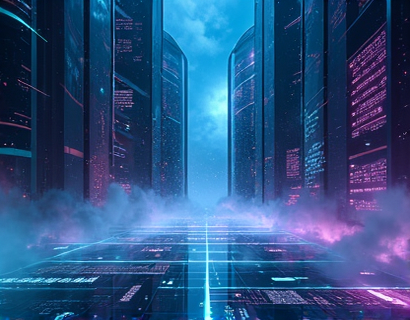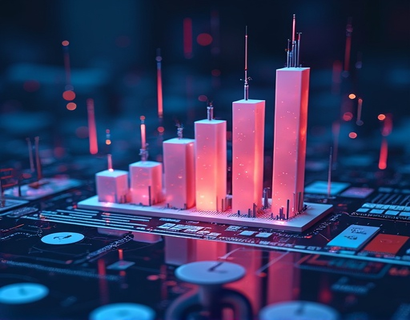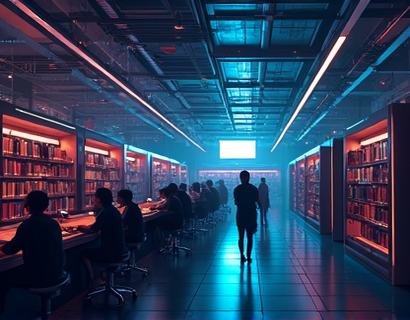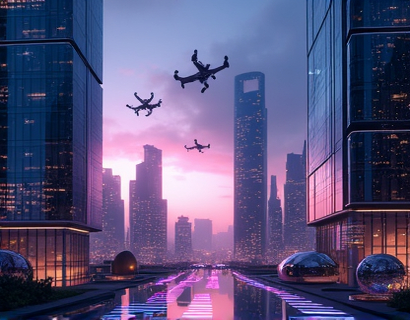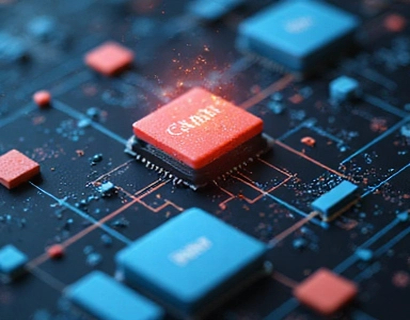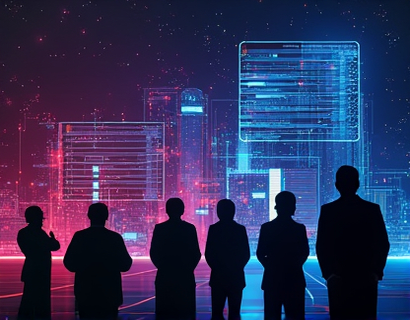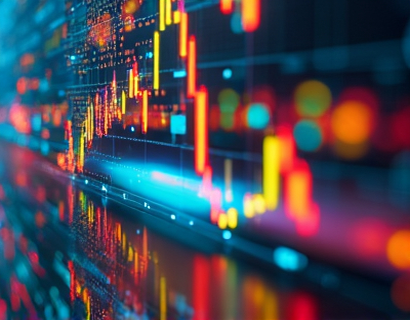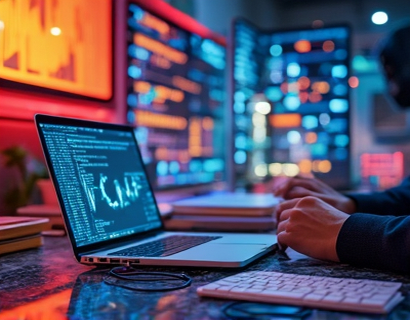AI-Powered Marketing Agents: Revolutionizing Business Growth Through Intelligent Automation
In the rapidly evolving landscape of digital marketing, businesses are constantly seeking innovative solutions to stay ahead of the competition. One of the most transformative advancements in this domain is the emergence of AI-powered marketing agents. These intelligent tools leverage cutting-edge artificial intelligence to automate and optimize marketing strategies, significantly enhancing customer engagement and return on investment (ROI). By integrating AI-powered marketing agents, businesses can streamline their operations, allowing them to focus on core activities with greater confidence and efficiency.
The Role of AI in Modern Marketing
Artificial intelligence has become an indispensable asset in the marketing world. Unlike traditional marketing methods that rely heavily on human intuition and manual effort, AI-driven solutions offer precision, scalability, and real-time insights. AI algorithms can analyze vast amounts of data from various sources, identify patterns, and make data-driven decisions that human marketers might overlook. This capability is particularly valuable in today's data-rich environment, where the ability to process and leverage large datasets can make a significant difference in marketing effectiveness.
Key Features of AI-Powered Marketing Agents
AI-powered marketing agents are equipped with a suite of advanced features designed to enhance marketing performance. These include:
- Automated Campaign Management: AI agents can create, manage, and optimize marketing campaigns across multiple channels, from social media to email marketing. They adjust strategies in real-time based on performance metrics, ensuring maximum impact.
- Personalized Customer Engagement: By analyzing customer data, AI agents can deliver personalized content and offers, improving customer satisfaction and loyalty. This level of personalization is often challenging for human marketers to achieve at scale.
- Predictive Analytics: AI agents use machine learning to predict customer behavior and market trends. This foresight enables businesses to proactively adjust their strategies, staying ahead of the curve.
- Chatbots and Virtual Assistants: AI-powered chatbots provide 24/7 customer support, handling queries and transactions efficiently. Virtual assistants can also assist in content creation, social media management, and more.
Enhancing Customer Engagement
One of the most significant benefits of AI-powered marketing agents is their ability to enhance customer engagement. Traditional marketing methods often struggle to deliver a consistent and personalized customer experience. AI agents, however, can analyze customer interactions across various touchpoints, providing a unified view of the customer journey. This insight allows for more targeted and relevant communications, which in turn boosts engagement and builds stronger customer relationships.
Moreover, AI agents can dynamically adjust their communication strategies based on customer preferences and behavior. For instance, if a customer frequently engages with a brand on social media, the AI can prioritize social content in its marketing mix. This level of customization not only improves customer satisfaction but also increases the likelihood of conversions.
Maximizing ROI Through Intelligent Automation
ROI is a critical metric for any business, and AI-powered marketing agents excel in maximizing this value. By automating routine tasks, AI agents free up marketing teams to focus on high-impact activities that drive results. This shift in focus ensures that resources are allocated more efficiently, leading to better ROI.
AI agents optimize marketing spend by identifying the most effective channels and tactics. They continuously monitor campaign performance and make real-time adjustments to allocate budget where it matters most. For example, if an AI agent detects that a particular ad creative is performing exceptionally well on Facebook but underperforming on Instagram, it can automatically redirect budget to Facebook while testing new creatives on Instagram. This dynamic optimization ensures that every dollar spent contributes to the overall marketing goals.
Streamlining Marketing Operations
The integration of AI-powered marketing agents streamlines marketing operations in several ways. First, these agents can handle a wide range of tasks, from content scheduling to performance reporting, reducing the workload on human marketers. This reduction in manual labor not only saves time but also minimizes the risk of human error.
Additionally, AI agents provide comprehensive analytics and insights, offering a clear picture of marketing performance. These insights are presented in an easily digestible format, allowing marketers to make informed decisions quickly. The data-driven approach ensures that marketing strategies are based on factual evidence rather than assumptions, leading to more effective outcomes.
Case Studies and Real-World Applications
Several businesses have already reaped the benefits of AI-powered marketing agents. For instance, a retail company implemented an AI-driven marketing solution to manage its social media presence. The AI agent created and scheduled posts based on customer engagement data, resulting in a 40% increase in social media interactions and a 25% boost in sales. Another example is an e-commerce platform that used AI to personalize product recommendations. This led to a 30% increase in conversion rates and a significant improvement in customer retention.
These case studies demonstrate the tangible impact of AI-powered marketing agents. By automating routine tasks and providing actionable insights, these agents help businesses achieve their marketing objectives more efficiently and effectively.
Challenges and Considerations
While the benefits of AI-powered marketing agents are clear, there are several challenges and considerations to keep in mind. One of the primary concerns is data privacy and security. AI agents require access to vast amounts of customer data, and ensuring this data is handled securely is paramount. Businesses must implement robust data protection measures and comply with relevant regulations to maintain customer trust.
Another consideration is the initial investment required to implement AI-powered marketing solutions. While the long-term benefits are substantial, the upfront costs can be a barrier for some businesses. However, the return on investment is often quicker than traditional marketing methods, making it a worthwhile investment in the long run.
Future Trends in AI Marketing
The field of AI marketing is rapidly evolving, with several exciting trends on the horizon. One such trend is the integration of natural language processing (NLP) to enhance content creation. AI agents will become even more adept at generating high-quality, engaging content that resonates with target audiences. Additionally, the use of augmented reality (AR) and virtual reality (VR) in marketing campaigns, powered by AI, will create immersive customer experiences that traditional methods cannot match.
Another area of growth is the development of more sophisticated AI algorithms that can better understand human behavior and emotions. This emotional intelligence will enable AI agents to craft marketing messages that not only inform but also connect on a deeper level with customers.
Conclusion
AI-powered marketing agents represent a significant leap forward in the realm of digital marketing. By automating and optimizing marketing strategies, these intelligent tools enhance customer engagement, maximize ROI, and streamline operations. As businesses continue to adopt and refine these technologies, the potential for growth and innovation becomes limitless. Embracing AI-powered marketing agents is not just an option but a necessity for businesses aiming to thrive in the competitive landscape of the digital age.



